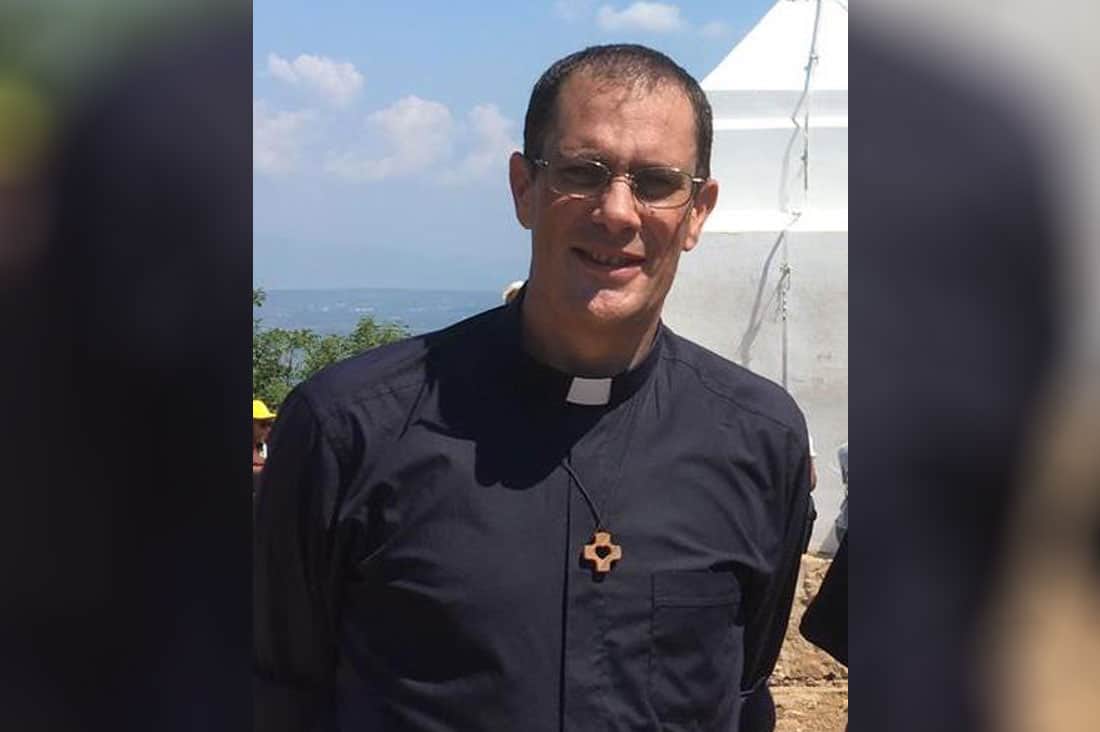Priest from Mauritius: Pope ‘will unify the mosaic’ of the island
WHEN HE VISITS Mauritania Sept. 9—on his way home from Madagascar—Pope Francis will be the second Pope to set foot on the island nation, 30 years after Saint John Paul II. The Pontiff will meet not only with Christians, but with Hindus and Muslims as well.

The island of Mauritius is a tiny country of some 730 square miles, around a quarter the size of the island of Corsica, yet with four times the number of inhabitants. It is unusual in that it has no indigenous population, but is inhabited today by Africans, Europeans and Indians. The religious makeup of the country also reflects this ethnic diversity, including Christians, Muslims, Buddhists and Hindus. It is a mixture of different characteristics which makes it a remarkable place where the local communities generally live in harmony, to the evident delight of Father Alexis Wiehe, a native of the island who is currently in charge of the cathedral parish in Toulon, France, but will be back on the island in September.
“There are some tensions at times, certainly, but generally we get along well,” insists the priest “Our little island society could even be cited as an example of amicable relations between the different faith communities,” he adds.
Tensions among the various faiths were strong at the time when the country gained its independence, on March 12, 1968. “During that difficult time the Catholic Church acted as a reconciling force. And at that time, as it does today, it played a role of the foremost importance in the country,” says Father Wiehe. Nonetheless, Catholics are a minority in the country, accounting for around one quarter of the population of almost 1.3 million, and the influence of the Church is waning. There is a crisis in religious vocations and, with the exception of some new communities such as the Chemin Neuf, which was established around 25 years ago and which continues to grow in the country, the Catholic Church is in decline.

“The Mauritian people have not ceased to be religious, but their religion is under assault,” Father Alexis explains. The Christians, the majority of whom are Creole in origin, are deeply imbued with voodooism. They believe in the power of witchcraft, and this strongly influences the way in which they practise their faith, which is mixed in with a fear of evil spirits and with superstitions.
In the context of this difficult situation, the visit by Pope Francis has raised many hopes. He will draw people together, well beyond the Catholic community alone. “All our island is honoured by the visit of the Pope. The Pope unify the mosaic which makes up our island,” Father Alexis insists. In fact Monday Sept. 9 will even be declared a public holiday, so that everyone can take part in the event.

The date chosen by the Holy Father for his visit will have a special resonance. It is the feast day of Blessed Father Jacques-Désiré Laval. This Spiritan Father (Holy Spirit Congregation) was the first person to be beatified by Pope John Paul II in 1979 and is regarded as the great missionary of the island. On arriving here in 1841, he immediately set about learning Creole and also produced a little catechism in the local language. He took the Gospel to the former slaves there who had recently been set free by the British government and tirelessly travelled by donkey to the poorest huts and shanties, dressed in his worn and repeatedly patched soutane. He died in 1864. He is still celebrated each year, in great processions whose appeal goes well beyond the Catholic community alone. In 2019 these processions will take place on the 7th and 8th of September in order not to conflict with the main event, which will be the outdoor Mass celebrated by Pope Francis in Port Louis, the island’s capital.
—Thomas Oswald

